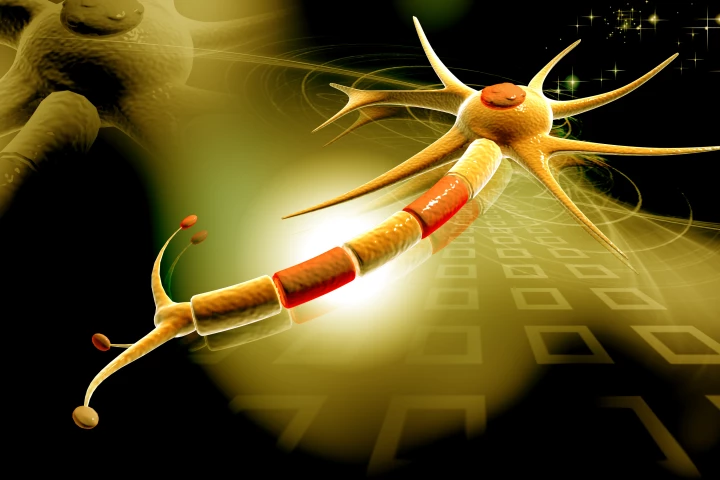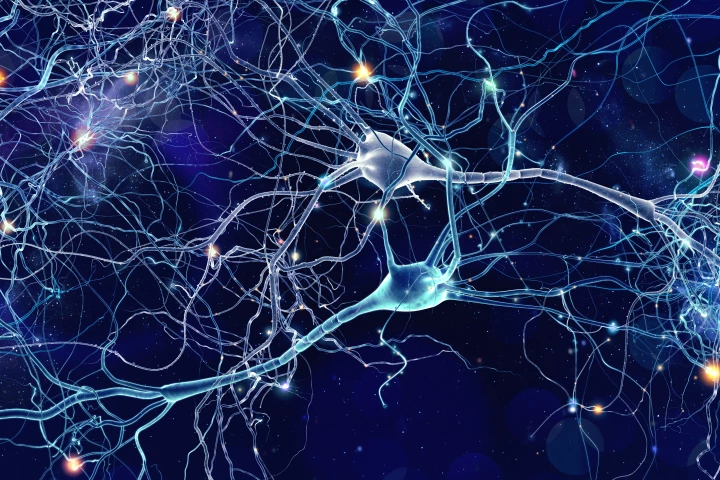Neurological
-
Researchers have created a thin transparent neural implant that can monitor activity on the brain's surface but also account for functions at a deeper level. The hope is that it will lead to an accurate but less invasive brain-computer interface.
-
New research has proved for the first time that RSV infection, common in young children, can penetrate nerve cells and may lead to nerve damage. The findings underscore the possible long-term effects of RSV and the importance of preventive measures.
-
In the largest study of its kind, researchers have found that sharing a childhood home with a kitty can more than double the risk of later developing schizophrenia-like disorders. However, in what may surprise some, it's not entirely the cat's fault.
-
Restoring damaged nerves caused by multiple sclerosis could be within reach, thanks to a breakthrough in small molecule drug research. Scientists say their new compound has a "stunning effect on rescuing myelin," which would be pivotal in reversing MS.
-
Scientists have solved the mystery of which protein triggers the onset of many cases of frontotemporal dementia, paving the way for more effective early diagnosis of the degenerative disease and the development of potentially life-changing treatment.
-
Research has found that non-invasively applying a mild electrical current to the brain twice a day for six weeks improved cognitive functioning and plasticity, the ability of the brain to ‘rewire’ itself, in patients with Alzheimer’s disease.
-
Because of the logistics and invasive procedures involved, many people put off getting tested for Alzheimer’s and Parkinson’s diseases. Thanks to a new device, however, such testing could soon be performed non-invasively at just about any location.
-
What's more tiring than a day in the real world full of meetings? It turns out taking those same meetings at home in front of the computer is more exhausting, with a new study offering the first evidence the phenomenon of ‘Zoom fatigue’ is real.
-
In a fascinating new study, scientists have for the first time uncovered the heart-brain pathway, fueled by specific over-excited sensory neurons, that triggers fainting. The discovery is a huge step towards targeted treatments for a host of conditions.
-
New research has for the first time shown how inflammation in early childhood can affect brain development, triggering epigenetic changes in brain regions linked to higher cognitive functions, and play a role in a variety of neuropsychiatric disorders.
-
In a move that echoes a sci-fi series, researchers have developed a material that was able to not only stimulate nerves in rodents, but reconnect them as well. The finding could lead to injectable particles that take the place of larger implants.
-
Using brain imaging, researchers have found that obsessive-compulsive disorder affects particular areas of the brain involved in processing certainty during the decision-making process, providing greater insight into this enigmatic condition.
Load More











